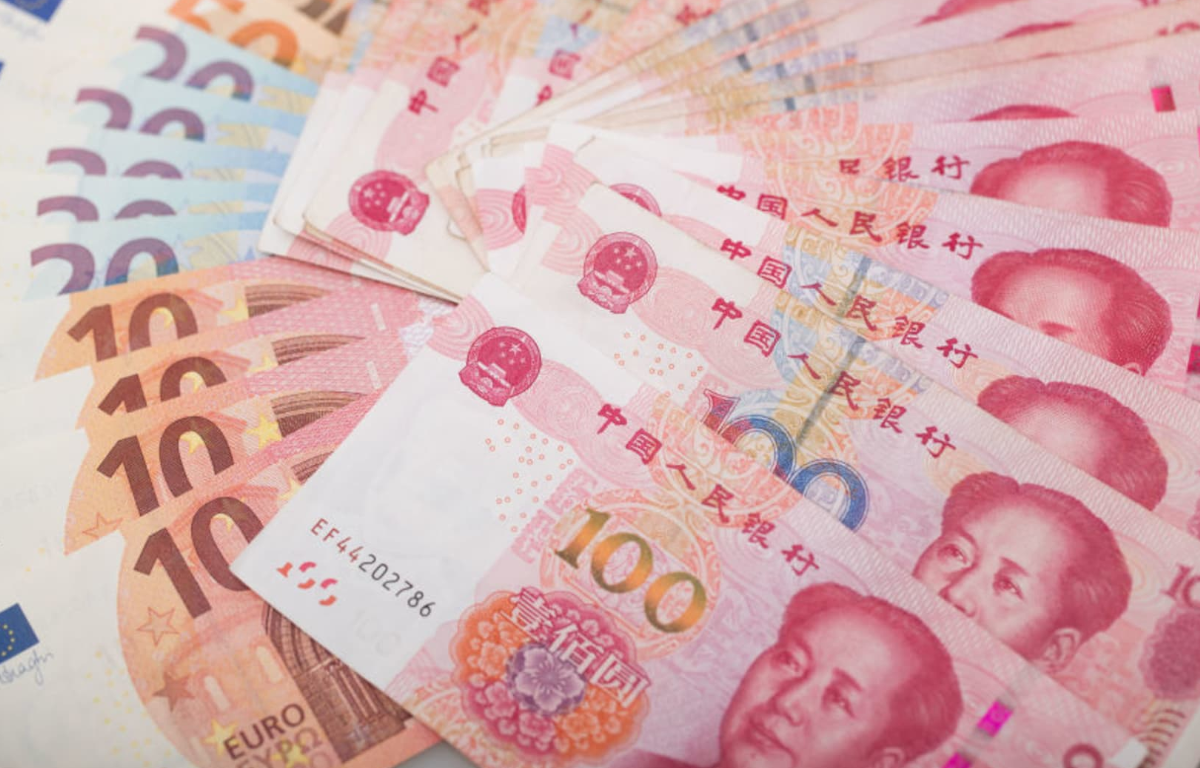
China’s real estate market had been on a relentless upward trajectory, driven by urbanization and surging demand for housing. However, this growth gave rise to several issues, including housing affordability and social stability concerns. Notably, property prices in major cities like Beijing, Shanghai, and Shenzhen reached unsustainable levels, making it difficult for ordinary citizens to purchase homes.
The rapid expansion of the real estate sector led to extensive borrowing by real estate developers and local governments. Debt levels soared, creating a precarious financial environment in the country. To address these growing risks, the Chinese government implemented stringent regulatory measures aimed at curbing speculative activities and controlling excessive debt.
Amid these challenges, the trust industry emerged as a critical player in the real estate market. Trust companies act as intermediaries, raising funds from investors and channeling them into various projects, including real estate ventures. They became a significant source of financing for developers, offering alternative funding when traditional bank loans faced restrictions.
Furthermore, trust companies played a role in the issuance of wealth management products (WMPs), some of which included investments in real estate projects. These products attracted investors seeking higher returns but exposed them to the volatile property market.
As the Chinese government intensified efforts to rein in the real estate sector, the trust industry found itself entangled in the crisis. Regulatory scrutiny increased, forcing many trust firms to reconsider their business models. Some real estate projects funded by trust companies faced difficulties in repaying their debts, raising concerns about defaults. This has placed substantial pressure on the trust industry’s financial stability.
To address this crisis, the Chinese government is taking several measures. Enhanced regulation is a priority, with authorities tightening oversight and imposing stricter risk management and capital adequacy requirements on trust companies. Efforts to cool the real estate market continue, aimed at reducing speculation and stabilizing property prices.
The intersection of China’s real estate crisis and the $2.9 trillion trust industry highlights the interconnectedness of different sectors within China’s economy. Trust companies play a pivotal role in navigating these turbulent waters. Balancing financial stability, regulatory compliance, and investor confidence will be essential in safeguarding China’s trust industry and the broader economy. The outcome of these efforts carries significant implications, both domestically and internationally, impacting China’s economic health and global financial markets.










Share this: